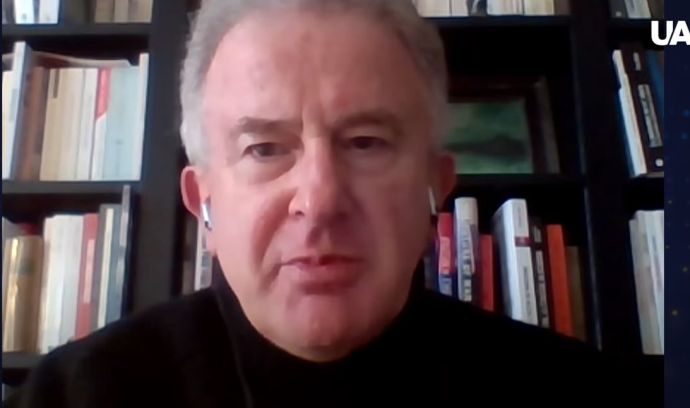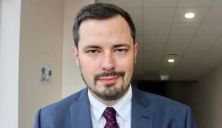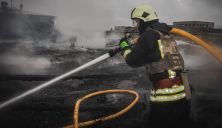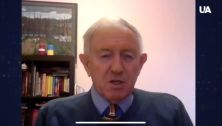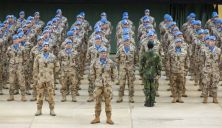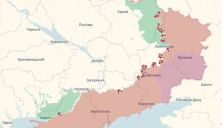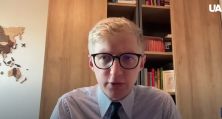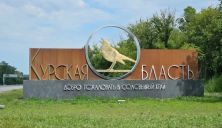North-Korean soldiers – why Russia is using them after all. Say the ICC travel ban is lifted and Putin travels to Switzerland to meet Trump – what is the aftermath. Should Ukraine be getting ready for another invasion whatever the terms of a ceasefire are?
— North Korean soldiers—why is Russia using them? After all, if Russia is as powerful as it claims, why rely on them? If it’s not a sign of weakness, then what is it? And why hide it?
— Well, there are many answers to this. First, I think the perception of Russia’s power is an illusion. At the start of the war, people believed Russia was a superpower with the second-most powerful army in the world. That simply wasn’t true. They’ve suffered severe losses—about 800,000 soldiers either killed or seriously wounded—and their forces are depleted.
They need additional troops, even ones they consider disposable, as dissatisfaction is brewing among Russian citizens over the loss of their own sons. While this discontent won’t lead to a revolution, it’s easier for Russia to use North Korean soldiers who are easier to sacrifice.
From North Korea’s perspective, helping Russia in a European conflict positions them as a global player. It’s a win-win for Putin and Kim Jong Un, albeit at the expense of Ukraine.
— Let’s move to a different topic. Trump has said he would end the war to demonstrate strength. As a political expert, could you comment on a hypothetical Trump-Putin meeting in Switzerland if the ICC travel ban were lifted? Would such a meeting merely formalize decisions made earlier?
— Absolutely. First, remember that Putin is an international fugitive, indicted by the International Criminal Court (ICC) for war crimes. A UN recommendation advises democratic leaders not to engage with someone indicted for such crimes.
For Putin, a meeting like this would be a chance to rehabilitate his image and escape pariah status. Negotiating with Russia on territorial claims is unacceptable—it would signal that aggression pays off, undermining international law. This also ignores the daily human rights violations in occupied territories—rape, torture, forced disappearances, and child deportations, which constitute genocide.
Allowing Ukraine to lose territory would grant Putin a “license to kill.” Moreover, holding US-Russia talks without including Ukraine or Europe is disgraceful. The war is on European soil, and the security of Europe is at stake. Any negotiations must involve Ukraine and European leaders to ensure legitimacy.
— Reflecting on history—World War I and II show that Europe often underestimated threats until it was too late. Many Ukrainians believe they must prepare for another Russian invasion, no matter the ceasefire terms. Do you agree?
— Absolutely. If there’s a ceasefire, it won’t mean peace. Russia’s military is exhausted now, but a pause could allow them to rebuild, possibly with North Korean or Chinese assistance.
In a few years, Russia could resume aggression, not only against Ukraine but potentially targeting EU countries like the Baltic states or Finland.
Such a scenario would challenge the US’s resolve to defend Europe. Weakness or appeasement from Europe or the US would embolden Russia, as well as other powers like Iran, North Korea, and China.
— Totalitarian regimes often form alliances faster than democracies. Do you think Europe will show what Putin perceives as weakness?
— Unfortunately, yes. Europe has been showing signs of weakness for years. In 2008, during the invasion of Georgia, stronger deterrence could have saved countless lives and enhanced European security. Instead, there were efforts to rebuild trust with Russia, which only allowed Putin to rearm and prepare for future aggression.
If Europe and the US had acted decisively in 2008, we could have avoided the tragedies of Ukraine, Syria, and others. Now, we face the consequences of not taking early warnings seriously.
Read also: How Long Lithuania Can Stand VS. Russia?

